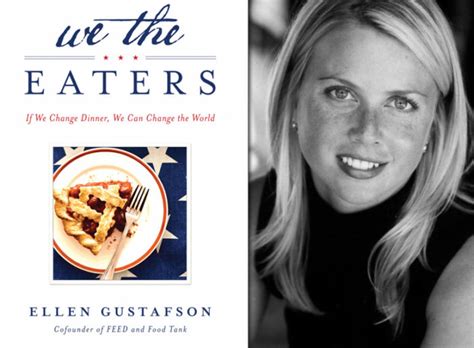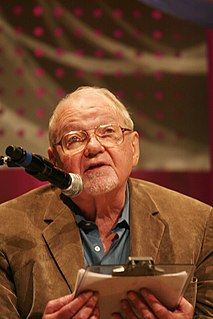A Quote by Jerry Brown
The farmers markets were another step to giving people an opportunity to take more power over their own lives-and also to provide another outlet for organic produce. That is important because the production and distribution of food is increasingly being monopolized and controlled by large corporate structures, large financial structures.
Related Quotes
Traditional society was more like a set of concentric circles of meaningful structures, while modern man must learn how to find meaning in many structures to which he is only marginally related. In the village, language and architecture and religion and work and family customs were consistent with one another, mutually explanatory and reinforcing. To grow into one implied a growth into others.
I think the structures of exclusion are more systematically built up in American society, for example, so that young girls interested in science eventually lose their confidence over time. The structures of exclusion work against them. We have other structures of exclusion in India, but not around modern scientific knowledge.
The mistakes (of leaders) are amplified by the numbers who follow them without question. Charismatic leaders tend to build up followings, power structures and these power structures tend to be taken over by people who are corruptible. I don't think that the old saw about 'power corrupts and absolute power corrupts absolutely' is accurate: I think power attracts the corruptible.
This new large-scale spiritual awakening is occurring primarily not within the confines of the established religions, but outside of those structures. Some of it, however, is also happening within the existing churches and religious institutions wherever the members of those congregations do not identify with rigid and exclusive belief systems whose unconscious purpose is to foster a sense of separation on which the egoic mind structures depend for their survival.
When large companies take on risk, then they impose risks on the rest of the system. And these are systemic risks and these systemic risks we never used to think were really that important, but as soon as we recognize how the financial sector - the risks the financial sector takes on can impact the entire global economy, we realize that those risks needed to be controlled for the social good.


































